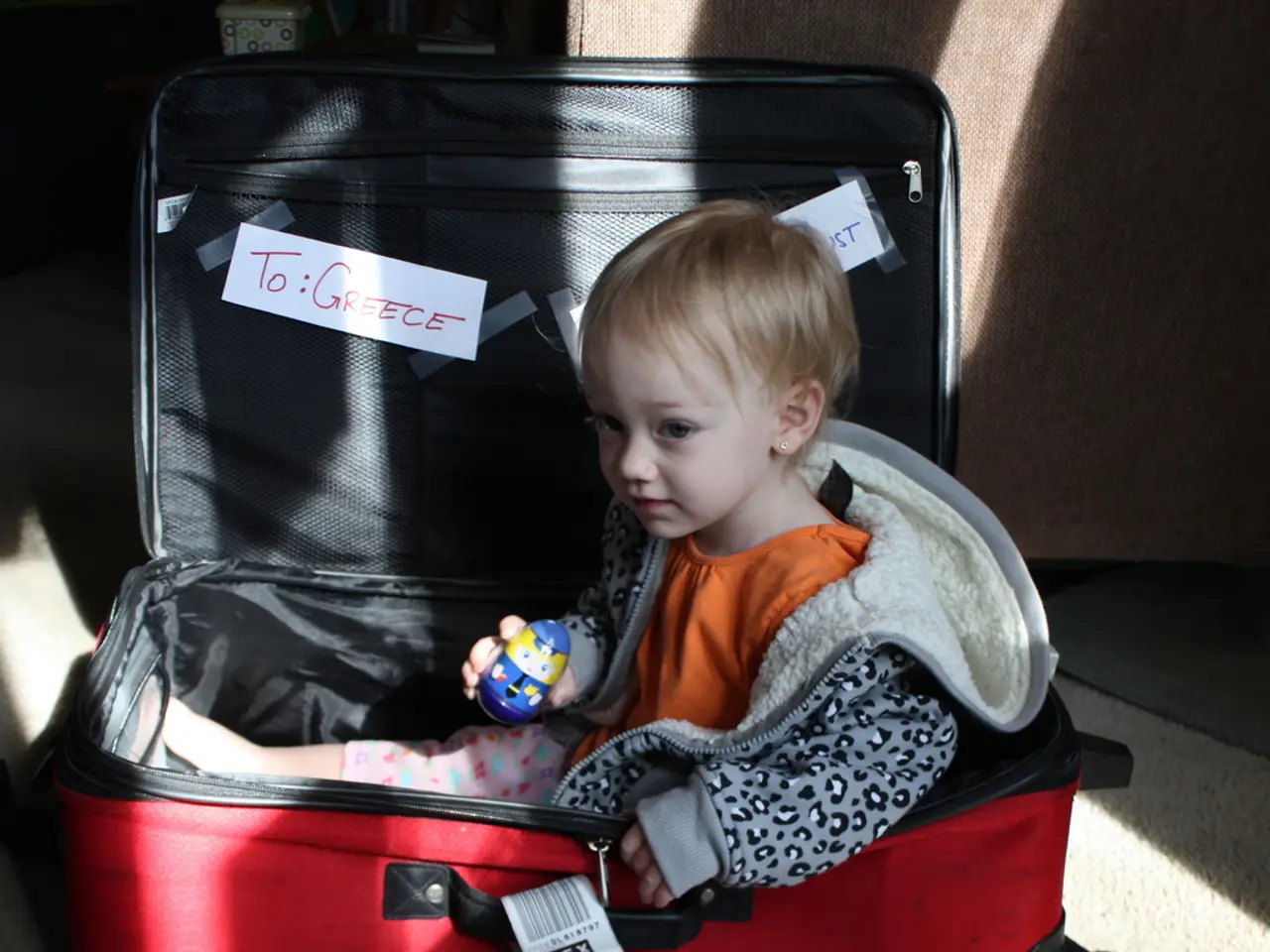Negotiations with North Macedonia may not yield successful outcomes, according to Michael Roth's concerns.
The EU accession talks between North Macedonia and the European Union (EU) have hit a roadblock, primarily due to Bulgaria's insistence on constitutional amendments in North Macedonia to recognise a Bulgarian minority[1]. This demand contradicts North Macedonia's insistence on EU membership approval before making these changes, creating a deadlock[1].
The historical and identity dispute, including recognition of the Macedonian language and national identity, underpins the Bulgarian veto, making this a bilateral political impasse rather than a standard technical EU accession issue[1][2]. Negotiations formally began in 2022, but little substantive progress has been made, with no negotiation chapters opened or closed as of mid-2025[2][3].
EU officials, including EU foreign policy chief Kaja Kallas, support North Macedonia’s EU path but stress the necessity for constitutional reforms and domestic political decisions to resolve the dispute[1]. North Macedonia's leadership rejects constitutional amendments without prior EU membership guarantees, arguing for fair and consistent EU leadership[1][5].
The ongoing stalemate is further complicated by internal political resistance within North Macedonia and EU enlargement fatigue. Current realistic projections put possible North Macedonia EU membership at around 2030 or later, with the Bulgarian dispute as the main bottleneck[2][4].
Michael Roth, State Minister for Europe in the German Foreign Office, has warned of a potential failure of the EU accession talks with North Macedonia scheduled for December[6]. Roth urged all parties to move quickly, stating that "the clock is ticking, but it's high time for a good solution." He also emphasised that the credibility of the EU is at stake if the EU does not start the accession process for North Macedonia[6].
Roth and his team have been searching for solutions that take into account the interests of both Bulgaria and North Macedonia for weeks[7]. However, Bulgaria's government requires North Macedonia to recognise that its language and history have Bulgarian roots before agreeing to start accession talks[7]. North Macedonia, on the other hand, does not accept this claim and maintains its own independent identity separate from Bulgaria[7].
From Sofia's perspective, North Macedonia is an "invented nation," a claim that North Macedonia rejects[8]. Roth accused the Bulgarian government of self-harm, stating that if they do not keep their word, they may strengthen nationalist and populist forces in the region, potentially affecting Bulgaria's security and stability[4].
The dispute over identity could potentially affect the EU accession talks between Bulgaria and North Macedonia. Roth stated that North Macedonia and Albania have made "very far-reaching concessions" in an attempt to resolve the issue[6]. However, a breakthrough remains elusive as of mid-2025[1][2][3][5].
References:
- BBC News
- Reuters
- Euractiv
- Deutsche Welle
- Al Jazeera
- Politico
- Euronews
- The Guardian
- The Bulgarian insistence on recognizing a Bulgarian minority within North Macedonia, as part of the war-and-conflicts policy-and-legislation, has led to a political impasse in the migration of North Macedonia into the European Union.
- The ongoing debate about the Macedonian language and national identity, rooted in war-and-conflicts and history, is a centerpiece of the general-news surrounding the EU accession talks between Bulgaria and North Macedonia.
- The Gravia/Brографиya agreement, a proposed solution to the linguistic dispute, has been a topic of politics, with negotiations between the two countries impacting the timeline for North Macedonia's possible EU membership in the future.







